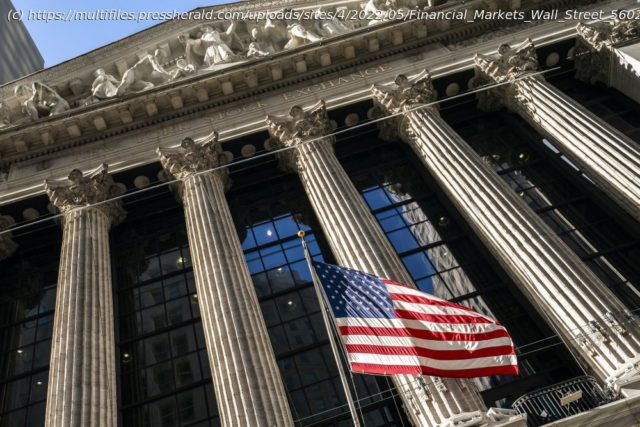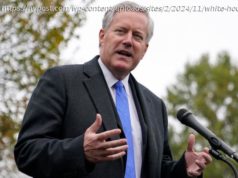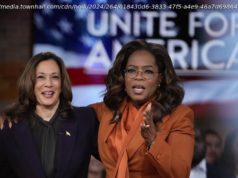The indexes, which recovered after being in the red in the early going, are on pace for a weekly gain, despite more up-and-down trading this week.
Stocks ended broadly higher on Wall Street Wednesday after minutes from the Federal Reserve’s most recent meeting signaled the central bank intends to move “expeditiously” to raise interest rates back to more neutral levels in its fight to tame inflation. The S&P 500 rose 0.9 percent, while the Dow Jones Industrial Average rose 0.6 percent. The Nasdaq climbed 1.5 percent. The indexes, which recovered after being in the red in the early going, are on pace for a weekly gain, despite more up-and-down trading this week. The minutes from the Fed meeting earlier this month show most of the officials agreed that half-point increases to the Fed’s benchmark short-term rate “would likely be appropriate” at the central bank’s next two meetings, in June and July. Such an increase would be double the usual hike. The central bank has begun raising interest rates in a bid to stamp out the highest inflation in four decades, so traders are keen to gain fresh insight into Fed officials’ thinking. Still, the Fed minutes didn’t reveal any major surprises.
“The market’s showing a relatively muted reaction to what was already embedded in the public sphere,” said Bill Northey, senior investment director at U.S. Bank Wealth Management. The S&P 500 rose 37.25 points to 3,978.73. The Dow gained 191.66 points to 32,120.28. The Nasdaq rose 170.29 points to 11,434.74. Small-company stocks rose far more than the rest of the market, a sign of bullishness on the economy. The Russell 2000 gained 34.34 points, or 2 percent, to 1,799.16. The yield on the 10-year Treasury, which helps set mortgage rates, slipped to 2.75 percent from 2.76 percent late Tuesday. The broader market remains volatile with investors on edge because of rising inflation and its impact on businesses and consumers. Investors are also concerned about the Fed’s aggressive plan to raise interest rates to fight inflation and hope the Fed won’t act so aggressively to slow the economy as to cause a recession.






